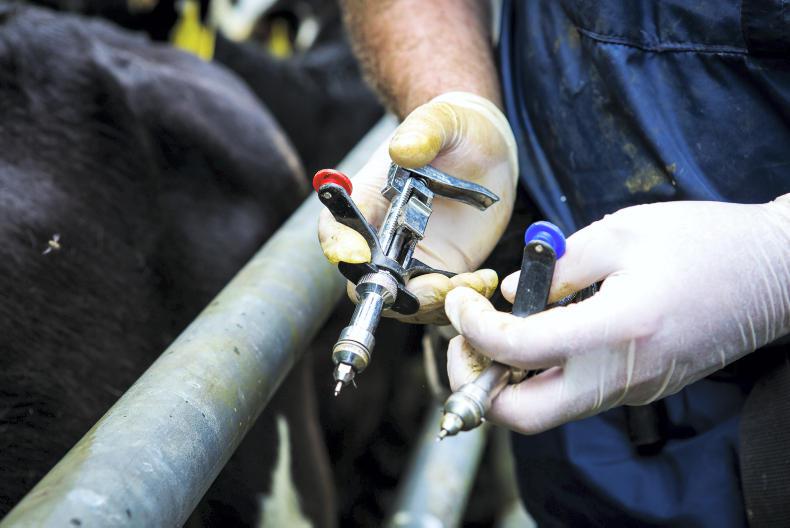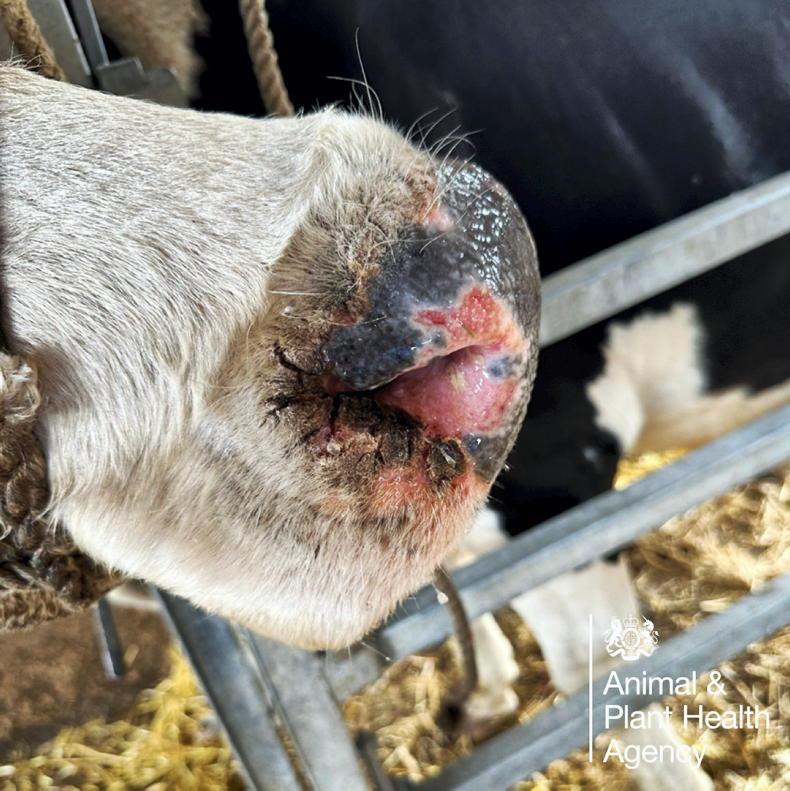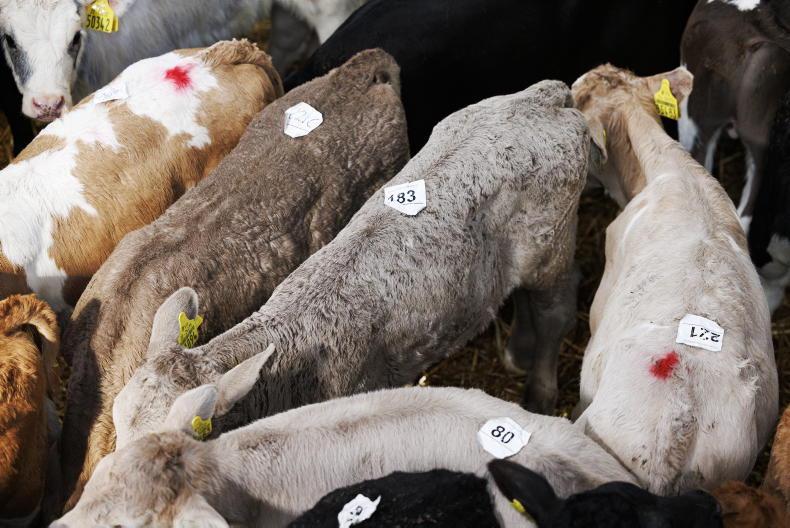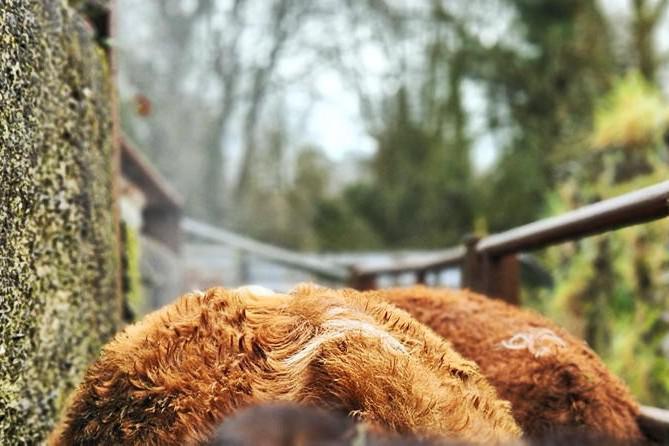Rising levels of bovine TB and ?increasing costs pushed the Department of Agriculture to take further action on the disease, including the recent issuing of risk letters.
It is estimated that the cost of running the TB programme this year will come to just under €100m. At the same time, herd incidence has breached 4% for the first time since 2012 and reactor numbers have exceeded 20,000, the highest number since 2009.
Up to 2015, programme spending had fallen year on year to €82.5m in line with decreasing disease levels. Last year, however, it reached €91.4m – an increase of €9m, or 11%.
The national exchequer covered €49.2m (54%) of which over half were staffing costs, farmers contributed €34.8m (38%) through testing fees and disease levies, and the EU paid €7.4m (8%).
The biggest driver of the increased costs has been farmer compensation. Increases to compensation rates in 2016, coupled with rising reactor numbers, has pushed compensation to over €18m, up €4.4m. Every 1,000 reactors are estimated to cost €1m in compensation. The Department expects an extra 4,000 reactors this year, bringing compensation to €22m.
Testing costs have also risen by €2.5m, of which €2.1m has been on the Department side, due to more breakdowns resulting in more Department paid tests. In total, €35.9m was spent on testing last year, three-quarters of which, €27.5m, farmers paid for.
The remaining increase is accounted for by an extra €1.7m spend on supplies such as the testing agent tuberculin.
Along with rising programme expenditure, the other area putting pressure on the exchequer is a falling EU contribution.
The EU has a fund to support animal health programmes across all member states. In 2012, Ireland received over €12m of this.
However, due to the worsening TB levels in this country, penalties have been imposed on Ireland since 2018 and the EU’s contribution has fallen to €5.4m.
The EU moved to withdraw all funding from Ireland on the basis that disease levels were increasing and there was a perceived lack of action by Ireland to tackle the issue. However, Department intervention in late 2019 to explain the ongoing process of consultation secured the limited funds.
Originally, the EU had been due to provide €7.4m. This was reduced to €5.4m and a further 20% penalty is likely next year.
All shortfalls are currently met by the exchequer. However, an independent cost-benefit analysis is being undertaken by Grant Thornton. It will be completed next month and the Department expects it will “inform the development of a sustainable funding model for the TB programme”.
The Department is keen to get disease trends moving back in a positive direction and stakeholders will meet again at the TB Forum on 1 October after a 15-month hiatus.
Rising levels of bovine TB and ?increasing costs pushed the Department of Agriculture to take further action on the disease, including the recent issuing of risk letters.
It is estimated that the cost of running the TB programme this year will come to just under €100m. At the same time, herd incidence has breached 4% for the first time since 2012 and reactor numbers have exceeded 20,000, the highest number since 2009.
Up to 2015, programme spending had fallen year on year to €82.5m in line with decreasing disease levels. Last year, however, it reached €91.4m – an increase of €9m, or 11%.
The national exchequer covered €49.2m (54%) of which over half were staffing costs, farmers contributed €34.8m (38%) through testing fees and disease levies, and the EU paid €7.4m (8%).
The biggest driver of the increased costs has been farmer compensation. Increases to compensation rates in 2016, coupled with rising reactor numbers, has pushed compensation to over €18m, up €4.4m. Every 1,000 reactors are estimated to cost €1m in compensation. The Department expects an extra 4,000 reactors this year, bringing compensation to €22m.
Testing costs have also risen by €2.5m, of which €2.1m has been on the Department side, due to more breakdowns resulting in more Department paid tests. In total, €35.9m was spent on testing last year, three-quarters of which, €27.5m, farmers paid for.
The remaining increase is accounted for by an extra €1.7m spend on supplies such as the testing agent tuberculin.
Along with rising programme expenditure, the other area putting pressure on the exchequer is a falling EU contribution.
The EU has a fund to support animal health programmes across all member states. In 2012, Ireland received over €12m of this.
However, due to the worsening TB levels in this country, penalties have been imposed on Ireland since 2018 and the EU’s contribution has fallen to €5.4m.
The EU moved to withdraw all funding from Ireland on the basis that disease levels were increasing and there was a perceived lack of action by Ireland to tackle the issue. However, Department intervention in late 2019 to explain the ongoing process of consultation secured the limited funds.
Originally, the EU had been due to provide €7.4m. This was reduced to €5.4m and a further 20% penalty is likely next year.
All shortfalls are currently met by the exchequer. However, an independent cost-benefit analysis is being undertaken by Grant Thornton. It will be completed next month and the Department expects it will “inform the development of a sustainable funding model for the TB programme”.
The Department is keen to get disease trends moving back in a positive direction and stakeholders will meet again at the TB Forum on 1 October after a 15-month hiatus.










SHARING OPTIONS